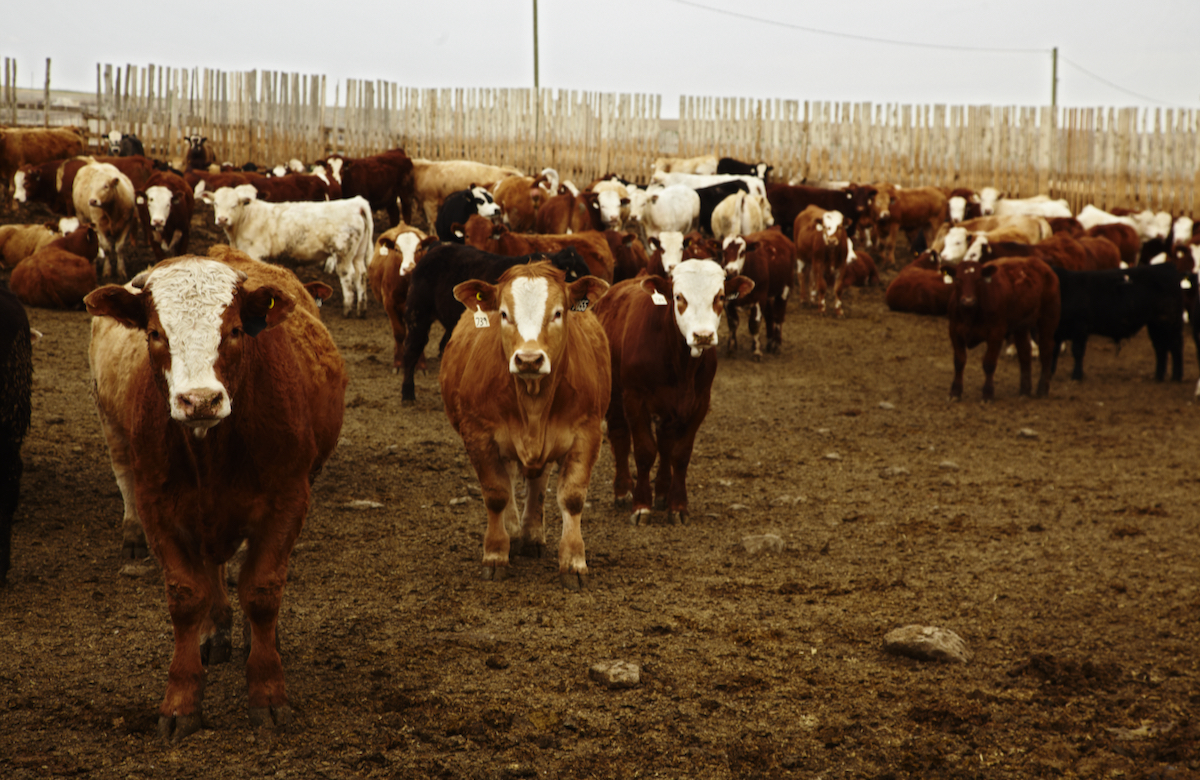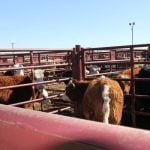News that the Canadian Government has revived its World Trade Organization complaint regarding the U.S. Government’s mandatory Country Of Origin Labelling (COOL), legislation has been generally applauded by industry groups and individuals within Canada, but most say the time that will be spent on trying to win the case could be better spent in actual negotiations.
Following meetings this week in Washington with United States Trade Representative Ron Kirk and Commerce Secretary Gary Locke, Canada’s Minister of International Trade Stockwell Day said Canada will move forward with its WTO complaint on COOL.
Read Also

U.S. livestock: Cattle at fresh highs, hogs weaken
Cattle futures on the Chicago Mercantile Exchange climbed to fresh highs on Tuesday, as tight supplies and the ongoing closure…
The COOL law requires U.S. food processor to identify the countries where meat and some fresh produce were produced. Producers and processors in Canada contend that the legislation diminishes their ability to sell into the U.S.
The Canadian Cattlemen’s Association (CCA) welcomed Day’s decision but expressed its disappointment that this step was required. “It is disappointing that we couldn’t reach a solution with the United States — especially since Canada is the top buyer of U.S. agriculture exports year after year. But there really seems to be no other option left for Canada,” said CCA President Brad Wildeman.
The CCA and the Canadian government have worked hard via diplomatic means and advocacy, but it appears achieving resolution to this problem isn’t very high on the U.S. priority list, he said.
“Unfortunately, the Canadian government will have to follow through on this WTO complaint, as it is probably the only sure way to force the U.S. Government to relent on its COOL legislation,” said Martin Rice, executive director for the Canadian Pork Council.
He said it had been hoped the final rule on COOL that was originally published in January would have been put through as is, as it would have allowed the market to operate pretty much as it had and which would not have required any kind of trade action.
“In fact, we would still like to see the Obama Administration make the necessary changes to COOL which would make it less of a trade barrier,” Rice said.
Rice estimated that based on past experiences with WTO complaints, the process will take at least two to four years. The process includes requesting consultations between the two sides, asking for a panel if those consultations don’t satisfy the parties involved, and time to actually set up the panel, Rice said.
“We are likely looking at the fall of 2009 before the Canadian Government will be putting forward its arguments in front of the WTO panel,” Rice said. Then the U.S. government will be able to respond. There will also be an appeal process and there could also be an appeal of the appeal, he said.
The U.S. government, which has already lost cases through the WTO complaint process, has in the past dragged its heels in implementing the changes ordered by the WTO panels which tends to delay the process further unnecessarily, Rice said.
“There is no question that this will be a time-consuming process,” Rice said, but the process is one that will provide Canada some leverage should the U.S. Government be willing to return to the negotiating table to look for solutions.















